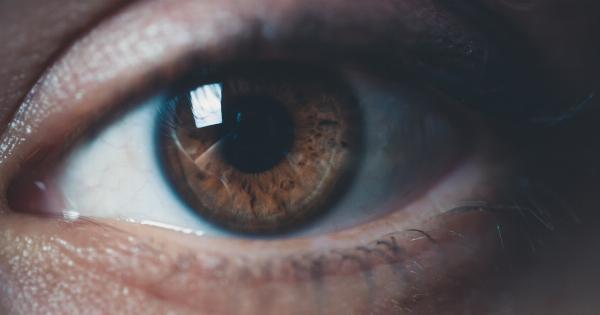Intense light refers to light that is brighter than usual. It is often described as a light that is too bright, and as such, it can be harmful to your eyes.
Natural sources of intense light include the sun, snow, and water, while artificial sources include light bulbs and computer screens. Exposure to intense light for a significant amount of time can cause a range of vision problems. Therefore, it is crucial to protect your eyes from it.
Causes of Intense Light
There are numerous causes of intense light. The most common cause is sunlight that reflects off snow, sand, or water surfaces. This type of reflection is known as glare, and it can be blinding. Another cause of intense light is artificial light.
For example, when you are driving at night, and a car with high-beam headlights is coming towards you, the light intensity can be too high, making it difficult for you to see the road. Similarly, computer screens, fluorescent lights, and LED lights emit intense light that can harm your eyes over time.
Effects of Intense Light on the Eyes
Intense light can cause a range of eye problems. The most common issue is photokeratitis, also known as sunburn of the eye. This condition is caused by overexposure to UV rays, which cause inflammation of the cornea, leading to temporary blindness.
Another issue is cataracts, which is the clouding of the eye’s natural lens, causing blurry vision. Long-term exposure to intense light can also lead to age-related macular degeneration, which damages the retina, leading to permanent vision loss.
Migraines are another result of exposure to intense light. They occur when sensitive nerve cells in your brain are triggered by bright light, leading to intense pain. Some people are more susceptible to migraines than others.
Finally, intense light can cause eye fatigue. Overexposure to screens and other artificial light sources can lead to strain and eye fatigue, causing headaches and difficulty focusing.
Protecting Your Eyes from Intense Light
There are several ways to protect your eyes from intense light:.
- Wear sunglasses that block UV radiation. Look for sunglasses that have at least 400 nanometres of UV protection.
- Avoid looking directly at the sun, especially during solar eclipses. Even a few seconds of exposure can cause severe eye damage.
- Use low-level lighting when reading or watching TV. Avoid bright or intense lights that cause eye fatigue.
- Use computer screens that emit less blue light. Blue light has a shorter wavelength and can cause eye strain.
- Take frequent breaks from your computer or other devices. Rest your eyes for a few minutes every hour.
Treatment for Eye Problems Caused by Intense Light
If you experience any of the eye problems caused by intense light, seek medical attention immediately. Photokeratitis can be treated with antibiotic eye drops, while cataracts require surgical intervention.
Age-related macular degeneration has no cure, but there are treatments that can slow down its progress. Migraines can be treated with medication or other preventive measures.
Conclusion
Intense light can be harmful to your eyes. Short-term effects include photokeratitis and migraines, while long-term effects include cataracts and age-related macular degeneration.
Protect your eyes from intense light by wearing sunglasses, using low-level lighting during activities, and taking frequent breaks from your devices. Seek medical attention immediately if you experience any eye problems caused by intense light.






























